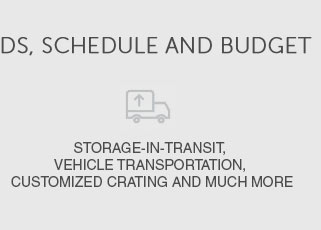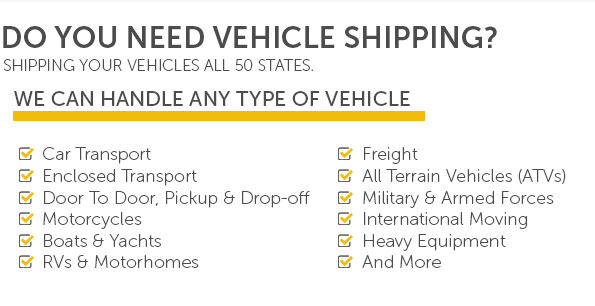 |
 |
 |
||
 |
 |
 |
 |
||
 |
 |
 |
 |
 |
 |
 |
 |
 |
 |
|
Discover a new era of stress-free relocation with our unparalleled small moves cross country service-where precision meets passion, and your journey becomes our mission; experience a seamless transition powered by transparent moving quotes that put you in control, ensuring every mile feels like a breeze, and every step is backed by a team that cares as much about your belongings as you do, because we believe that moving should be as exciting as the destination itself.
https://www.unitedvanlines.com/moving-services/small-moves
United Van Lines can help you with all your moves, big and small. If you're moving from an apartment, condo or small home, call United for small moves ... https://minimoves.com/about-us/
We provide convenient dates on small item moving that get your goods delivered in 2 14 days depending on the distance of your move. MiniMoves has the lowest ... https://www.movebuddha.com/blog/small-moves/
The best moving companies for small moving loads - Best overall: MiniMoves - Best for moving containers: U-Pack - Best if you have a few large ...
|